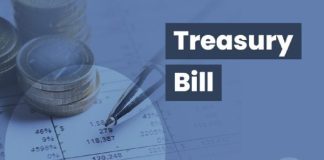Slowing oil demand could bring the price back down again despite price rallies triggered by the agreement of the Organisation of Petroleum Exporting Countries, OPEC, to cut supply
After years of healthy growth driven by low prices and Asia’s expanding appetite, demand for oil next year could increase at its slowest pace since 2014, some analysts say.
That could douse a major oil rally sparked by the cartel’s agreement, along with other major suppliers, to cut around 2% from the global supply.
Emerging giants such as China aren’t increasing their demand for oil at the speed they once were. Analysts also expect higher U.S. interest rates to hit emerging market demand. Higher U.S. rates have historically hit crude consumption there.
The recent run-up in oil prices may also be self-defeating, as the extra expense curbs consumption, The WallStreetJournal reports.
“In this new oil era, the first key data point that we are watching is global oil demand and its reaction to higher prices,” said Rob Thummel, portfolio manager at Tortoise Capital Advisors, which manages $15 billion in energy assets.
Some analysts believe that if OPEC members stick to their agreement, it could boost prices to around $60 a barrel next year, a level crude hasn’t traded at since July 2015.
But consumers, who have become accustomed to more than two years of cheap fuel, may begin feeling the higher prices at the pump.












